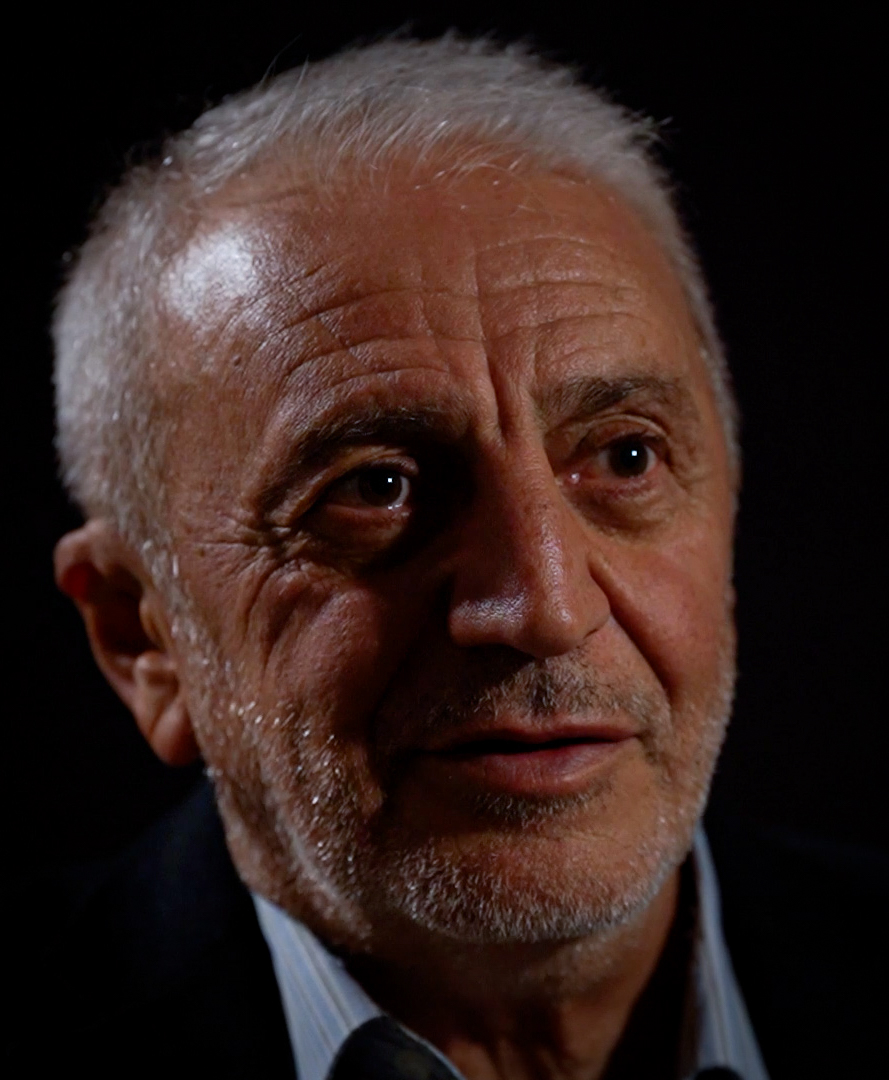The Declaration is a fully consensual document. And the leaders of the Pan-Armenian National Movement, Babken Ararktsyan, Vano, and Levon, believed that any arbitrary, illogical, legally not-grounded suggestion should be discussed. We have discussed it for days and nights only for the author of a suggestion to leave the room satisfied, so as they would then vote, so as their points were discussed, they were not upset. The meaning was the following: to create a document for centuries to come, so that on the next day of its adoption no political party could say that the parliament was not democratic, that the leadership was not democratic, we brought these wonderful suggestions and they were not accepted. Therefore, Ter-Petrosyan would patiently discuss all the suggestions in detail, put those for voting, then move forward, put it for voting, then move forward. And as a result, no one, no single politician or a political party later tried to cast a shadow on the Declaration of Independence. In other words, its strength was its consensual nature, being agreed with all political forces. Of course, there were points in those discussions that were very sharp in terms of perception, it was very hard to convince them that this or that clause should be in or out. The first one was the stipulation on the [19]89 unification of Karabakh with Armenia, which was in the preamble, and the last one that caused lengthy discussions, was the issue of the Genocide recognition. There were many sharp proposals related to the recognition of the Genocide, so to say “brave” suggestions, but Ter-Petrosyan always said that the victims of the Genocide are in the Diaspora, the “owners” of the Genocide are Diaspora Armenians, and the recognition of the Genocide is the issue of humanity. If France needs to recognize the Genocide, it should not do so for us. France itself should be interested in avoiding genocide as a crime against humanity, it would recognize by itself. The Genocide recognition is not a present, not an advance payment, like “we want to recognize the Genocide in order to help Armenia”, it is not a gift, not an advance payment to us. Therefore, our approach was the following: we should not beg the world to recognize our genocide, if you need it, then recognize it, if you believe it had happened. So, there were many discussions around this. And at the end it was adopted still like a compromise, that the Republic of Armenia takes forward, supports the process of the Genocide recognition. This was a compromise. Maybe they were a bit upset, but the clause stayed. There was a suggestion to not include that clause at all, not with nation building, independence… such a viewpoint: what does the Genocide have to do with it? If it was there, then there was a suggestion to consider other cases in need of restoring historical justice as well… but the role of this document, and that was the pragmatism, that you should try to avoid romanticism, it is the nation-building document. Do you build a nation through gaining enemies, or do you declare that you are a nation?












